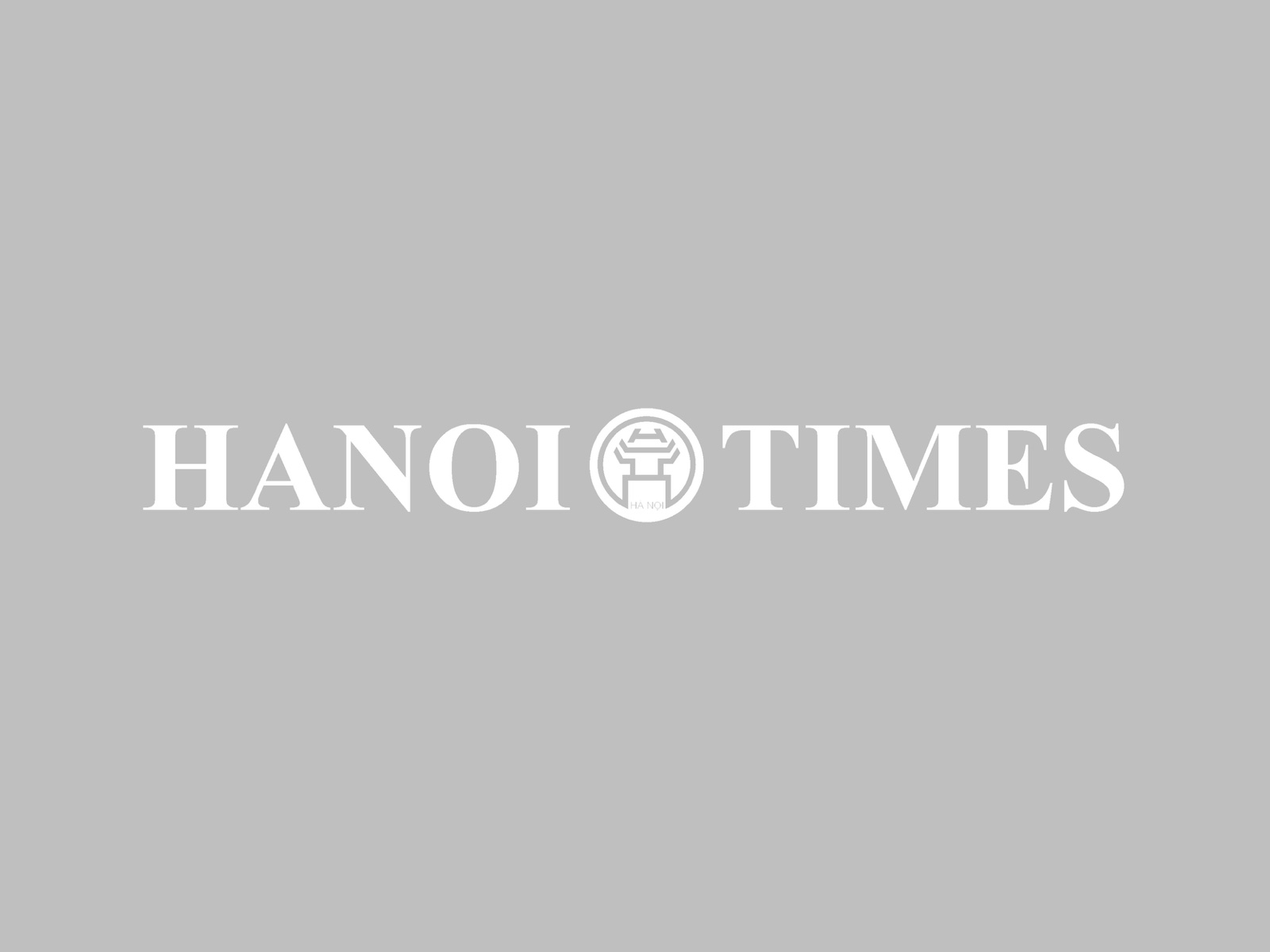Ô tô đồng loạt giảm giá kịch sàn lên đến 170 triệu đồng/xe
Kinhtedothi - Những ngày đầu tháng 3/2022, các hãng ô tô và đại lý xe liên tục đưa ra nhiều chương trình ưu đãi, giảm giá nhằm kích cầu tiêu dùng, tăng doanh số bán hàng.
Khảo sát tại một số đại lý kinh doanh ô tô cho thấy, nhằm kích thích sức mua, các hãng xe Toyota, Nissan, Mazda, Suzuki… đua nhau tung ra chương trình khuyến mại, giảm giá từ 20 đến 170 triệu đồng.

Trưởng phòng Kinh doanh Honda ô tô Tây Hồ Dương Thị Thu chia sẻ, trong tháng 3/2022 mẫu xe Honda HR-V G giảm 110 triệu đồng, kéo giá niêm yết xe xuống còn 676 triệu đồng. Riêng phiên bản HR-V L giảm đến 170 triệu đồng so với giá niêm yết, hiện được bán với giá 696 triệu đồng/xe. Mẫu xe Honda CR-V cũng được đại lý báo giá giảm 110 triệu đồng, tặng kèm bộ phụ kiện trị giá 80 triệu đồng, ngoài ra tùy thuộc vào từng phiên bản, khách hàng còn được tặng quà trị giá 65 - 80 triệu đồng. Mẫu sedan Honda City cũng áp dụng chương trình ưu đãi gần 30 triệu đồng và giảm 50% lệ phí trước bạ, nâng tổng ưu đãi lên khoảng 80 triệu đồng bao gồm tiền mặt và phụ kiện.
Không chỉ Honda giảm giá bán, nhiều hãng xe khác cũng tổ chức chương trình khuyến mại trong tháng 3/2022. Cụ thể, Thaco đưa ra chương trình giảm giá, hỗ trợ lệ phí trước bạ hoặc tặng gói nâng cấp cho các mẫu xe Mazda. Trong đó, mẫu Mazda CX-8 nhận được nhiều ưu đãi nhất với mức giảm đến hơn 70 triệu đồng, Mazda CX-3 hay Mazda3 giảm giá 35 - 50 triệu đồng kèm quà tặng, riêng mẫu bán tải Mazda BT-50 được hỗ trợ 100% phí trước bạ tương đương 40 - 61 triệu đồng.
Không chịu thua kém, hãng Toyota bên cạnh việc hỗ trợ giảm 50% lệ phí trước bạ dành cho xe lắp ráp trong nước cũng đưa ra chương trình giảm giá bán 2 mẫu xe Toyota Innova và Wigo. Cụ thể, từ nay đến hết 31/5 và 30/6 khách hàng mua xe Toyota Innova, Toyota Wigo nhận được ưu đãi 20 triệu đồng.

Mẫu xe Nissan Almera nhập khẩu cũng có mức giảm giá sâu trong tháng 3/2022. Theo đó tất cả Nissan Almera đều được giảm 37 - 47 triệu đồng tùy phiên bản, kèm quà tặng phụ kiện gồm phim cách nhiệt, thảm trải sàn, bọc ghế da, bộ la-zăng...
Tương tự Mitsubishi cũng áp dụng hàng loạt chương trình ưu đãi đối với mẫu xe SUV. Trong đó, Pajero Sport được ưu đãi 60 triệu đồng, Attrage 30 triệu đồng. Không chỉ mẫu xe Nhật Bản mới giảm giá mà các thương hiệu đến từ Hàn Quốc như Kia, Hyundai… cũng tổ chức chương trình giảm nhẹ giá xe, từ 10 đến 15 triệu đồng và tặng phụ kiện.
Lý giải nguyên nhân khiến các hãng xe và đại lý đồng loạt giảm giá, Trưởng phòng Kinh doanh đại lý Toyota Hà Nội Nguyễn Mạnh Tiến nêu rõ, sau Tết nhu cầu mua xe đi chơi giảm mạnh, mặt khác dịch Covid-19 khiến thu nhập giảm sút, ảnh hưởng không nhỏ tới tâm lý tiêu dùng của người dân. Điều này làm lượng xe tồn tăng cao. Để cải thiện doanh số các hãng xe buộc phải tổ chức nhiều chương trình ưu đãi, giảm giá, qua đó giúp đại lý có thể hoàn tất doanh số tiêu thụ quý I/2022 với kết quả khả quan.
Báo cáo bán hàng toàn thị trường trong tháng 1/2022 của Hiệp hội Các nhà sản xuất ô tô Việt Nam (VAMA) vừa công bố cho thấy, lượng xe tiêu thụ của các đơn vị thành viên VAMA chỉ đạt 30.742 xe các loại, giảm 34% so với tháng 12/2021. Trong tổng doanh số bán hàng trên có 25.279 xe du lịch, giảm 31%; 5.177 xe thương mại, giảm 44%; 286 xe chuyên dụng, giảm 53% so với tháng trước.

